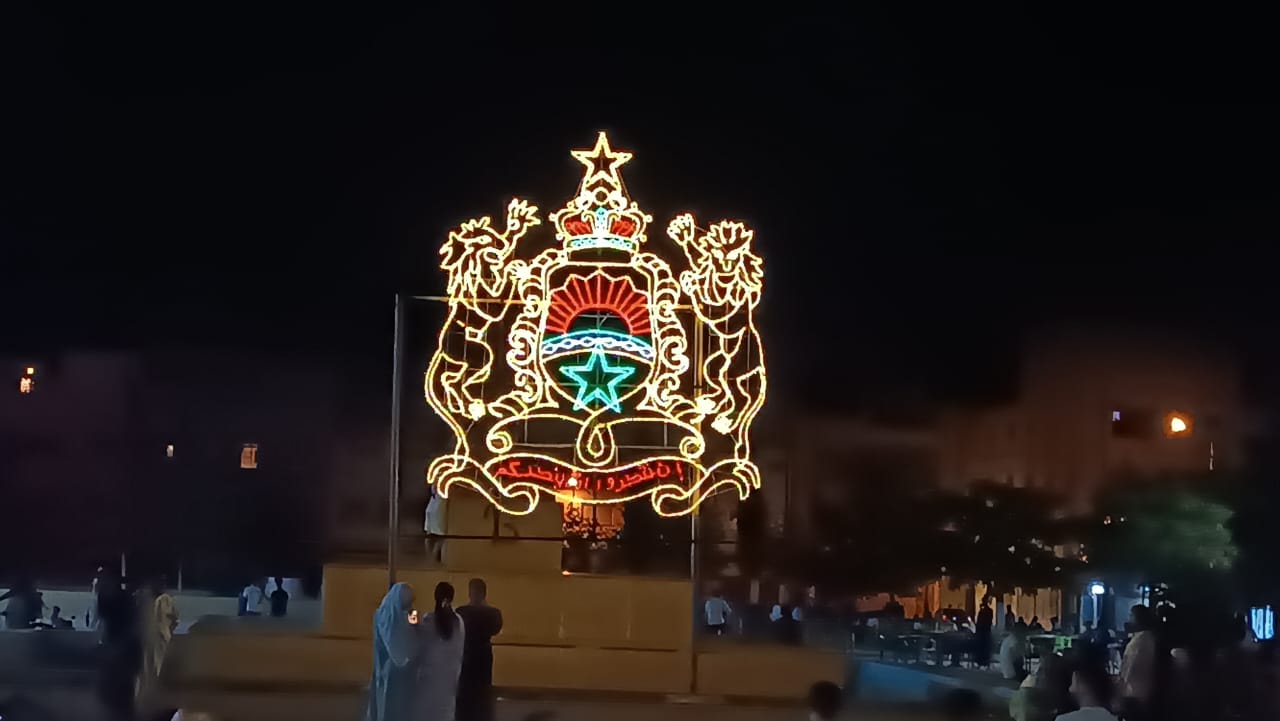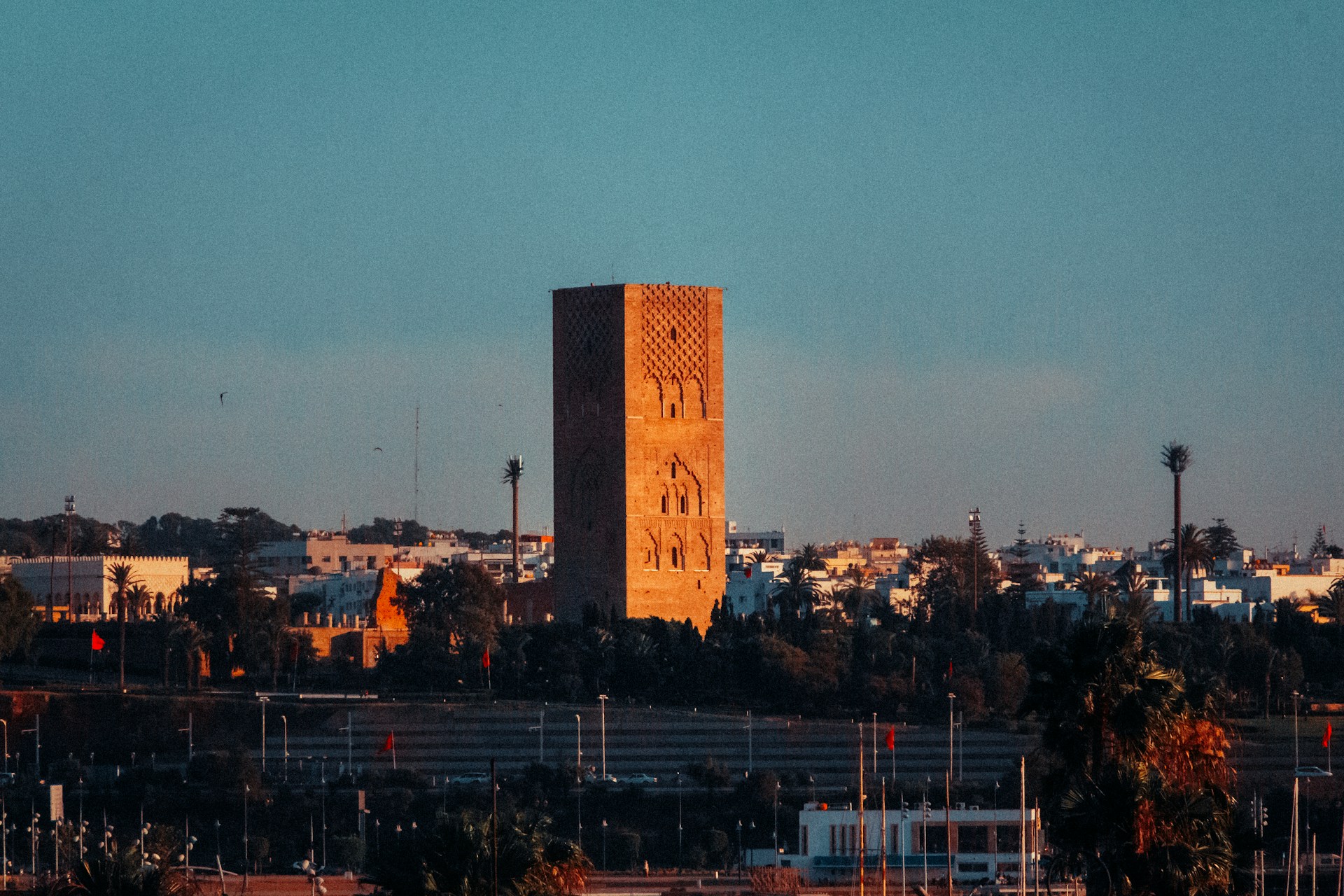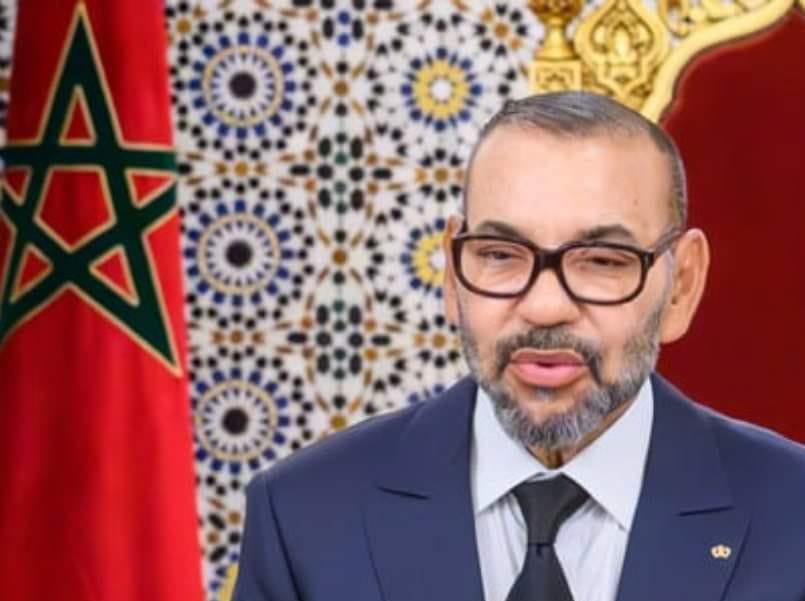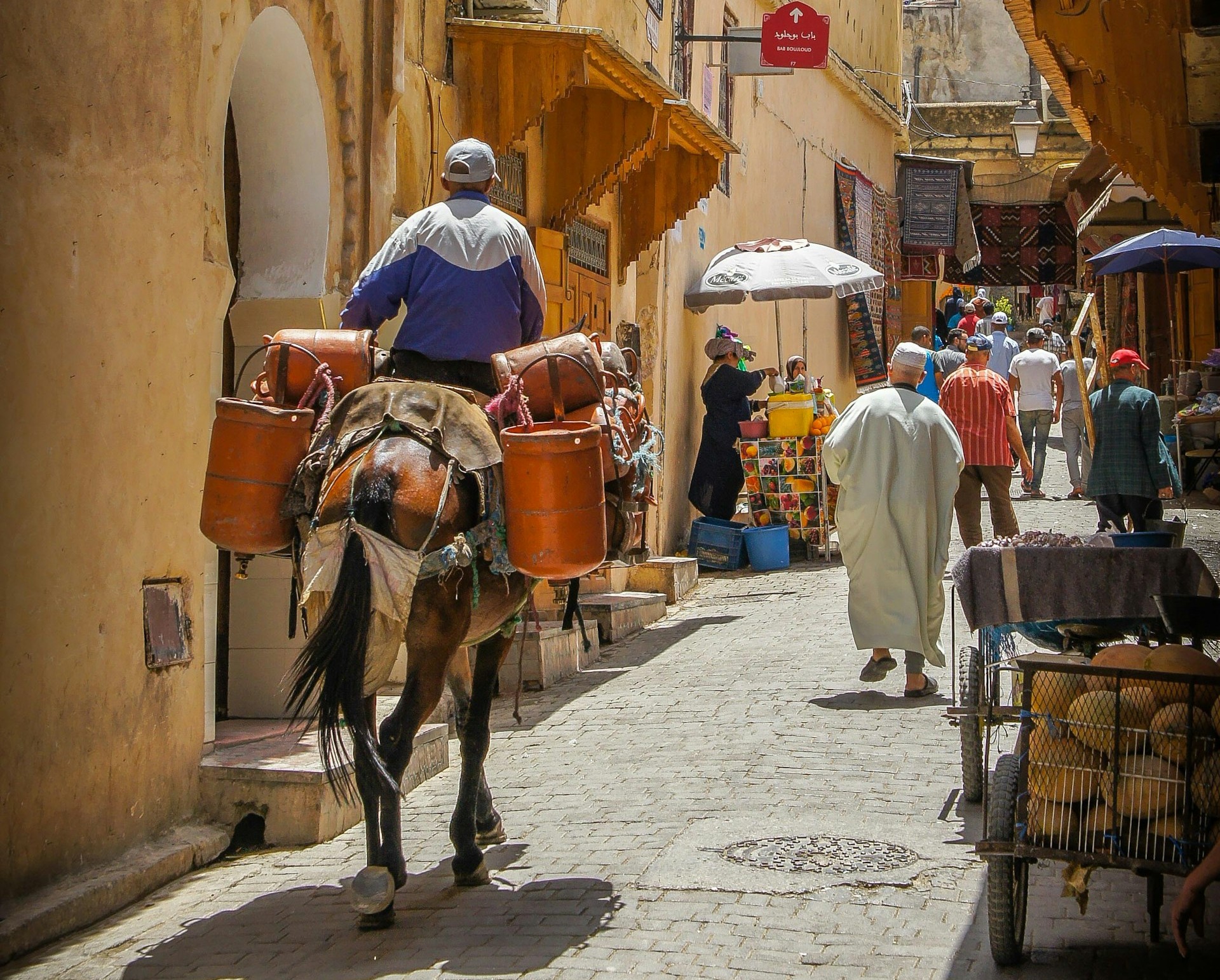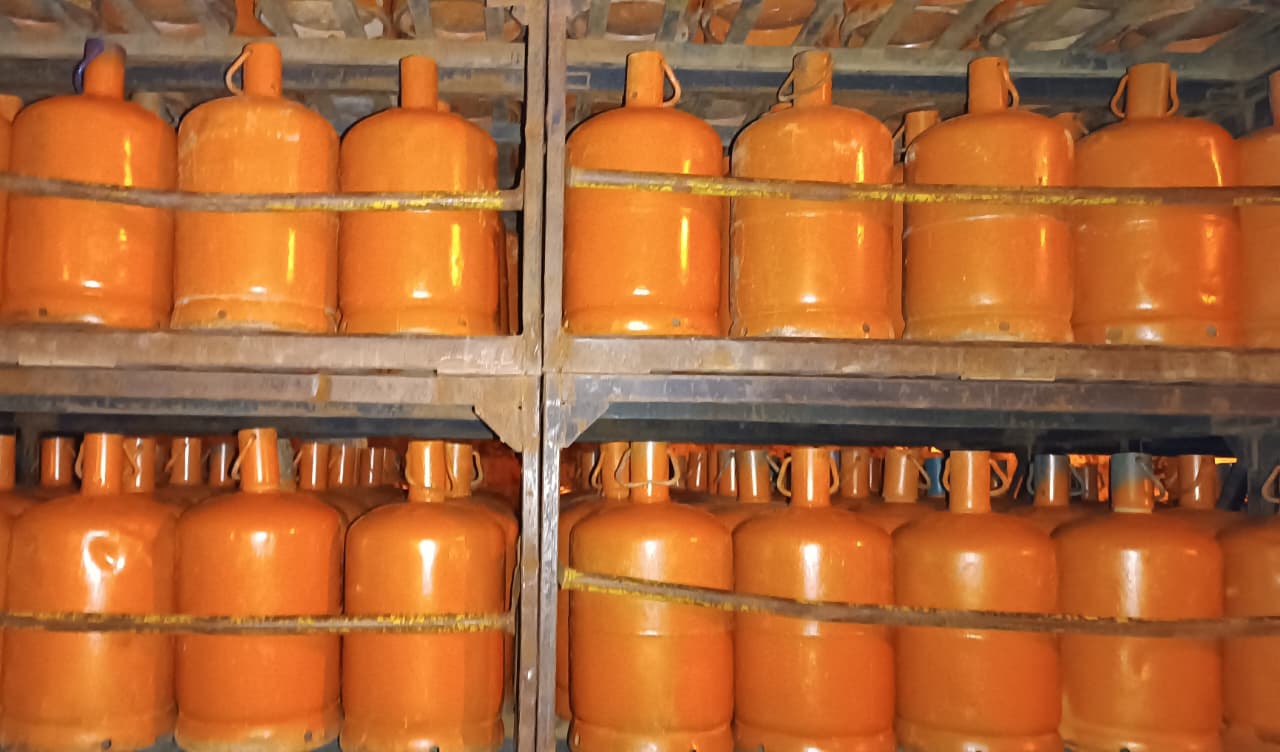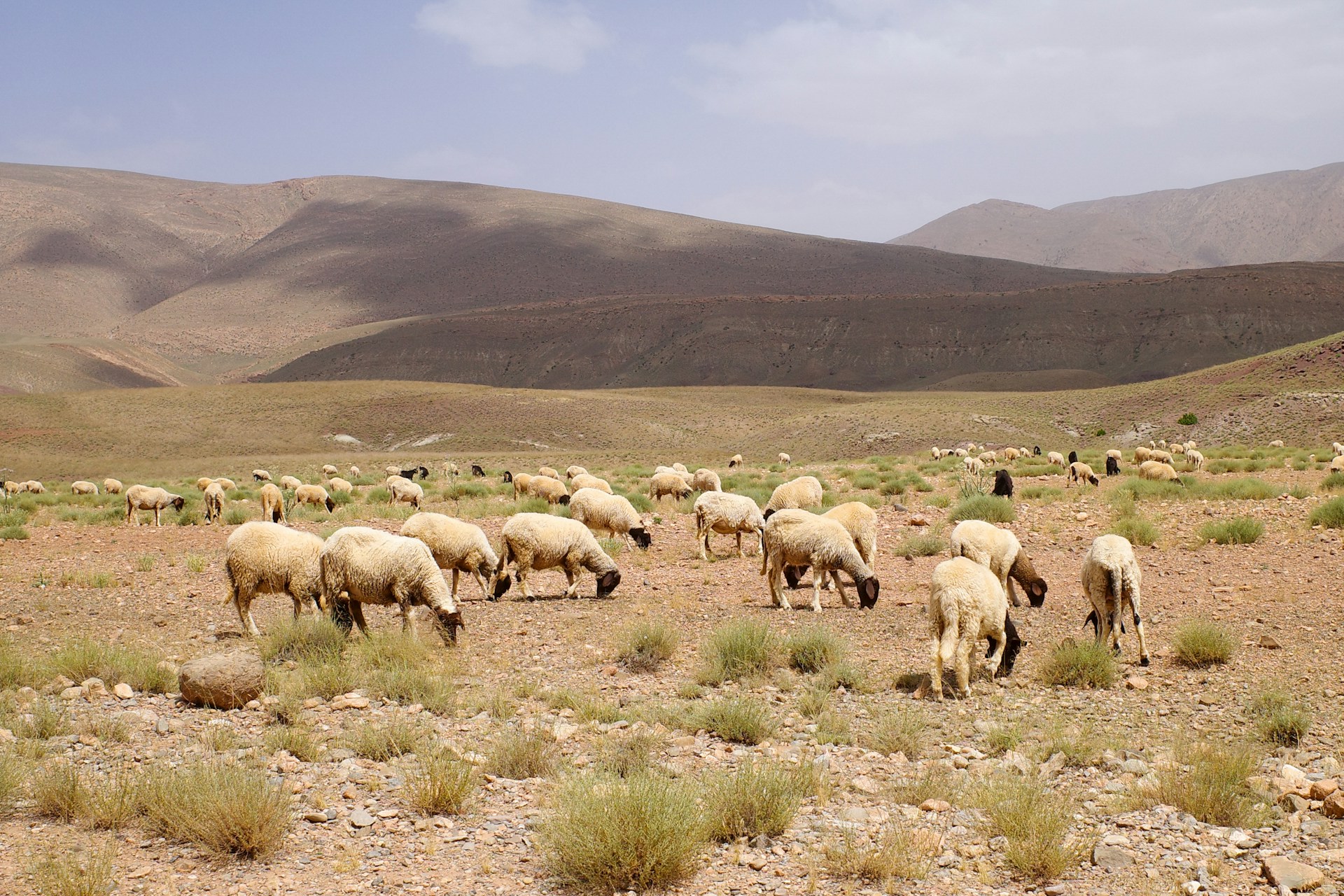Casablanca – As Morocco approaches 2025, the government under Prime Minister Aziz Akhannouch has outlined a clear and ambitious roadmap aimed at addressing the nation’s most pressing challenges. The 2025 Finance Bill, recently introduced by the Prime Minister, identifies four primary areas of focus: reinforcing the social state, fostering investment and job creation, continuing structural reforms, and ensuring the sustainability of public finances.
Strengthening the social pillars
At the heart of the government’s agenda is the continued enhancement of the social welfare system. One of the key initiatives is the acceleration of the universalization of compulsory basic health insurance (AMO) for all citizens, regardless of their social, financial, or professional status. This expansion is a critical component of the royal vision for inclusive social security and is expected to be fully implemented within the defined timeline.
In parallel, the government will press forward with the rehabilitation of primary healthcare facilities. To date, 872 centers have been refurbished, with another 524 slated for completion by April 2024. This effort is part of a broader strategy to increase the medical and paramedical workforce, aiming for 25 professionals per 10,000 people by 2026 and 45 by 2030. The necessary financial resources will be allocated to meet the sector’s growing human resource demands.
Social protection will also see significant advancements, with the government prioritizing the expansion of pension system enrollment and the generalization of unemployment benefits. Furthermore, the government has committed to the ongoing implementation of the roadmap for universal pre-primary education by 2028. This includes the creation of 4,000 educational units annually and the expansion of the Leading Schools Project, which is expected to benefit approximately one million additional students during the 2024-2025 school year.
Boosting investment and job creation
Investment and job creation are central to the 2025 agenda, with the government aiming to consolidate Morocco’s economic momentum. The Finance Bill underscores the importance of continuing the strategic 2023-2026 roadmap for improving the business climate. This roadmap targets enhancing the national business environment through several measures, including simplifying over 45% of administrative investment procedures and implementing tax reforms to provide clearer visibility for investors.
To support this, the government plans to bolster the employment market, particularly in rural areas. The upcoming initiatives include restructuring active employment programs and supporting micro, small, and medium-sized enterprises (MSMEs). Special attention will be given to enhancing women’s economic participation, with practical measures such as expanding childcare services and improving public transportation in partnership with local communities.
Advancing structural reforms
Structural reforms remain a cornerstone of the government’s strategy for 2025. The Finance Bill emphasizes the need to maintain the momentum of key reforms, particularly those related to the healthcare and education sectors. The government’s focus on vocational training will see the establishment of new institutes, including a pharmaceutical training institute in Casablanca and an institute for water, sanitation, and environmental professions in Fez.
These efforts are complemented by a commitment to ongoing public sector reform. The government has called for rationalizing water usage, reducing electricity consumption, and streamlining administrative expenses, all of which are essential for ensuring the efficient use of public resources.
Ensuring public finance sustainability
Maintaining the sustainability of public finances is another critical priority for 2025. The Finance Bill allocates approximately $1.7 billion to support essential goods still under the compensation system, including butane gas, refined sugar, and national flour (soft wheat). This support is designed to mitigate the impact of global and national economic conditions on citizens’ purchasing power.
In addition, the government has outlined a comprehensive reconstruction plan for areas affected by the Al Haouz earthquake, led by the Atlas Mountains Development Agency. Furthermore, the direct housing acquisition support program will continue, with a budget of approximately $979 million allocated between 2024 and 2028. The program aims to eradicate substandard housing, targeting the remaining 120,000 families nationwide and declaring all Moroccan cities “slum-free” by 2029.
Looking ahead: a 15-year vision
The 2025 Finance Bill also sets the stage for long-term planning, with action plans extending over the next 15 years. These plans will focus on sustaining employment in rural areas, restructuring active employment programs, and supporting MSMEs. The government is committed to boosting economic activity, particularly for women, and ensuring their access to the labor market through strategic partnerships with local communities.
As Morocco navigates the challenges and opportunities of 2025, the government’s clear priorities—social welfare, investment, structural reforms, and public finance sustainability—are poised to drive the country toward a more prosperous and inclusive future.






